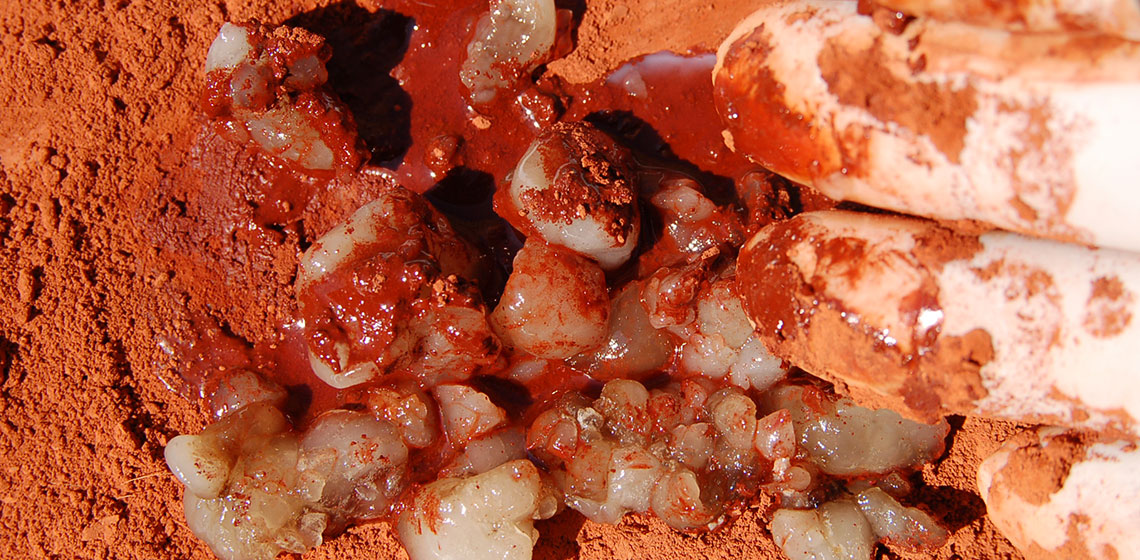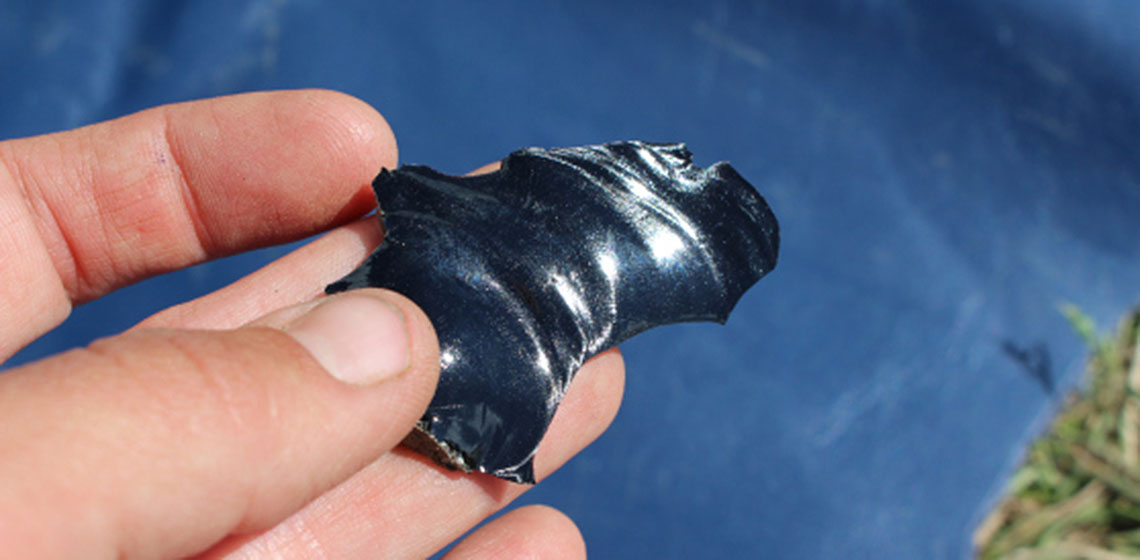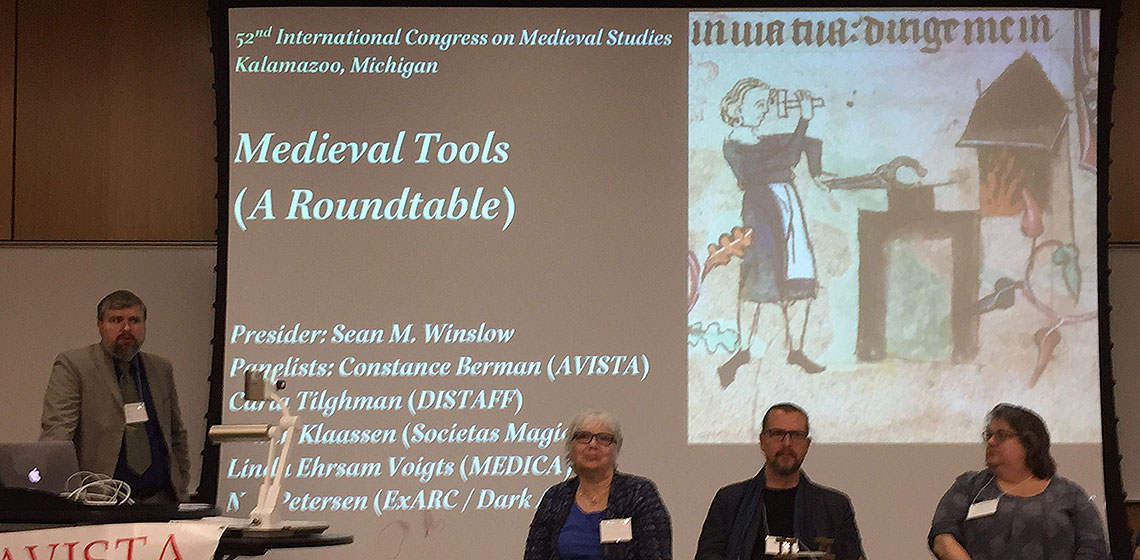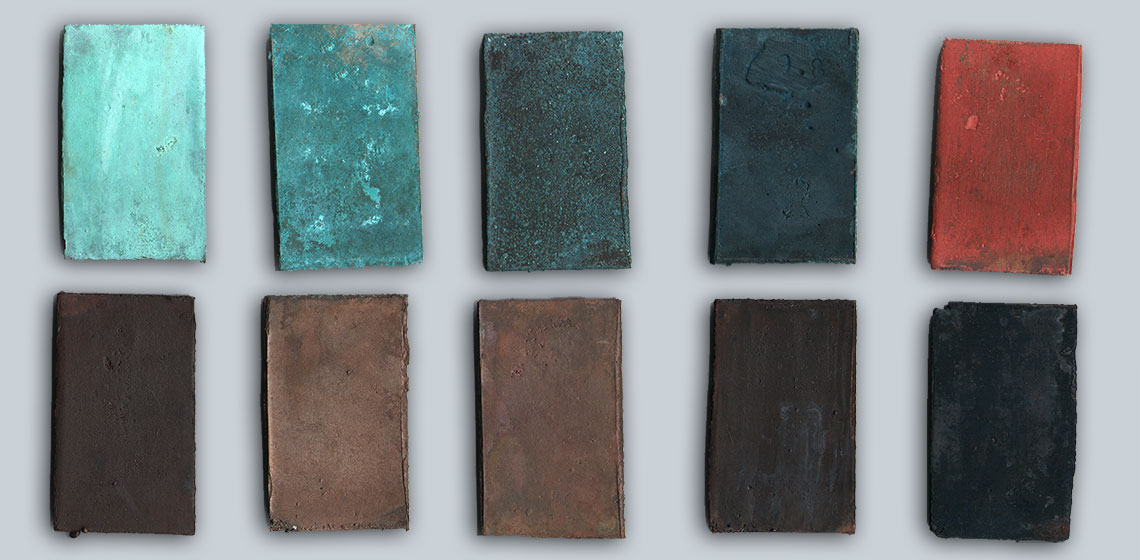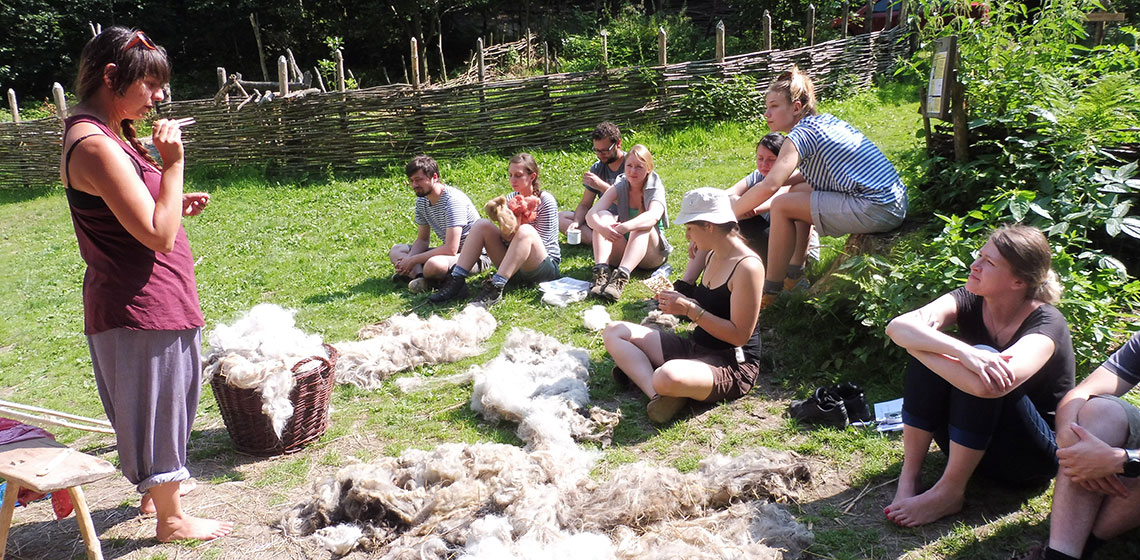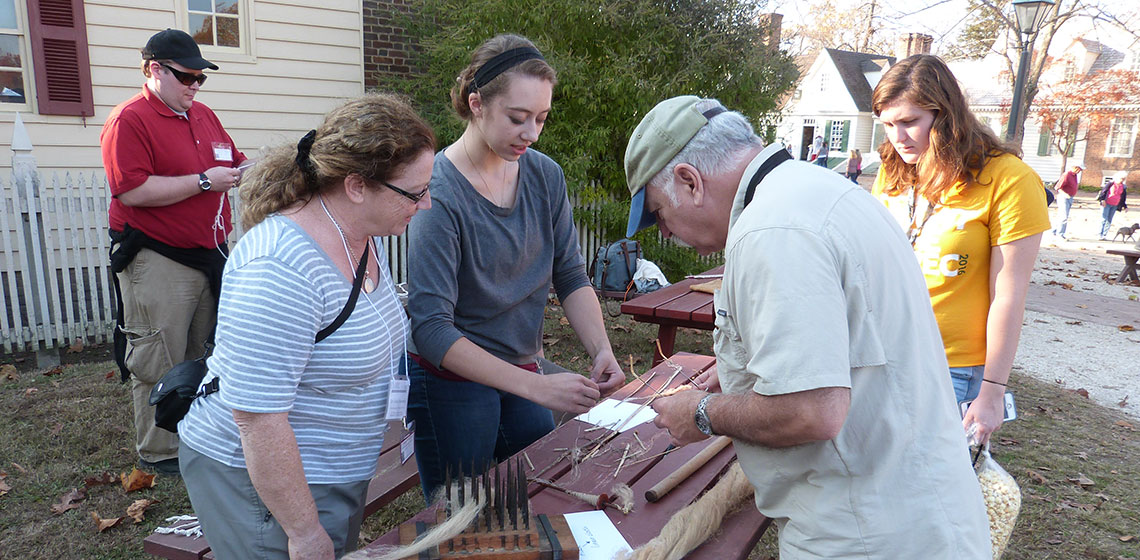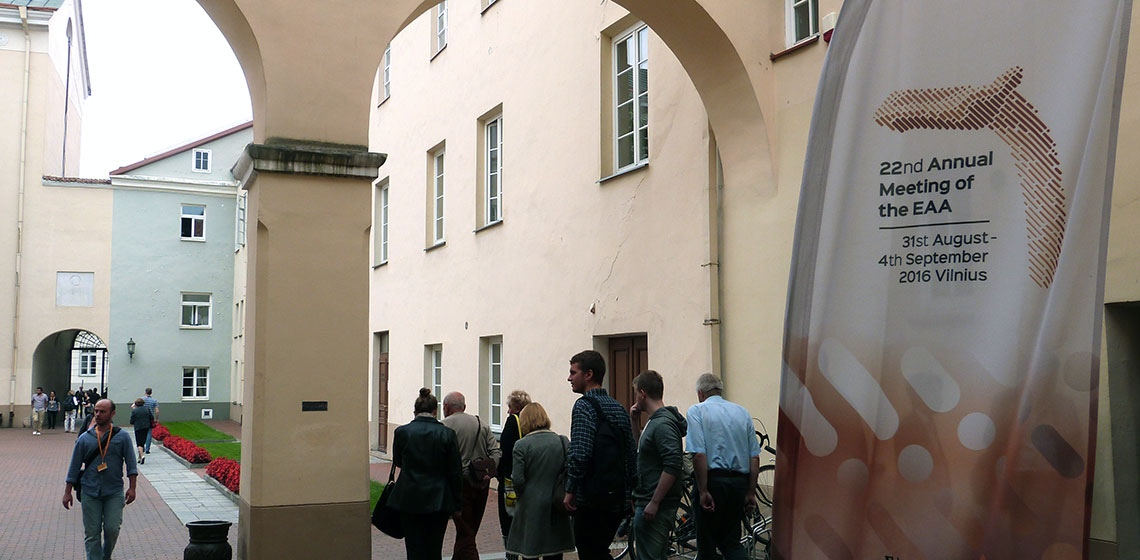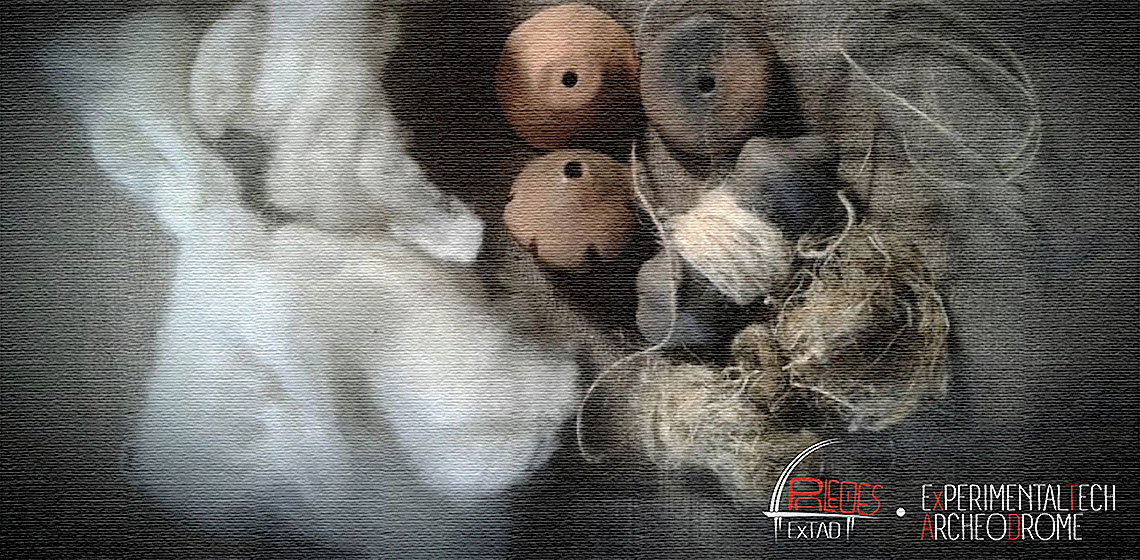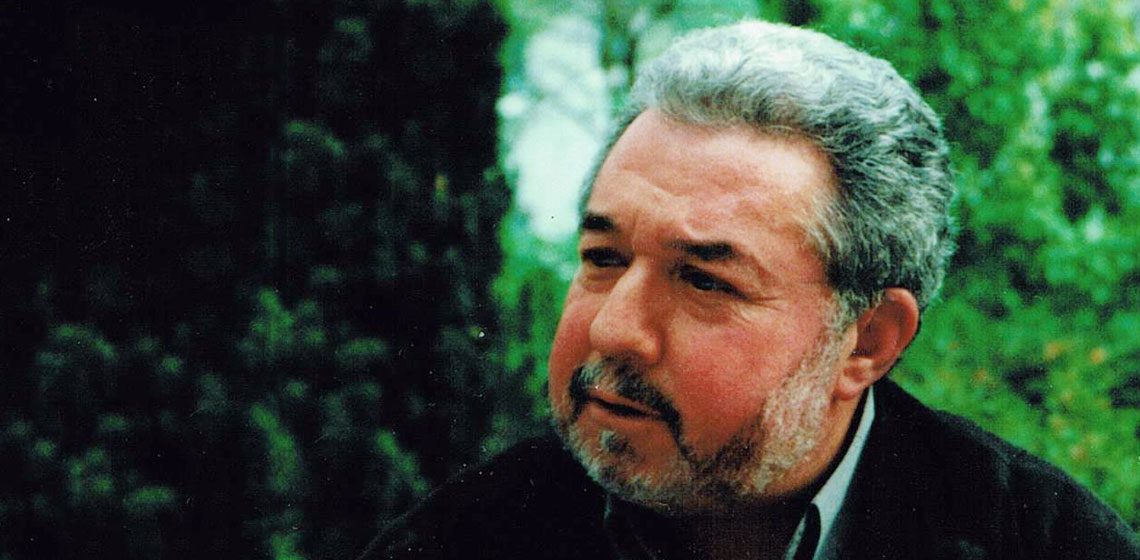experimental archaeology
Conference Review: This Time for Africa: African Conference on Experimental Archaeology (ACE) 2018
Prologue
Toronto, 2012: There is a session on experimental archaeology at the Society for Africanist Archaeologists’ biannual conference. While waiting to upload our presentations to the conference laptop, my colleague and I pass the time chatting. “I am sure we could fill a whole conference on experimental archaeology in Africa,” my colleague says. I nod, say that someone will probably initiate such a conference soon and turn to tell the student volunteer where to find my presentation on the USB stick.
Broken Rocks, Fired Clay and Soured Milk – A Summer of Experiments with the Bamburgh Research Project at the Bradford Kaims Site
Conference Review: EXARC at the International Congress on Medieval Studies in Kalamazoo, Michigan (USA)
The Colour Palette of Antique Bronzes: An Experimental Archaeology Project
Conference Review: Fields of Dreams - the EAC10 Conference, Leiden 2017
The 10th Experimental Archaeology Conference of EXARC took place in Leiden, Netherlands, over three days; 20th to the 22nd April 2017, in Leiden University’s Archaeology department. The first two days hosted a diverse range of presentations from all over the globe, while the final day consisted of a visit to Vlaardingen prehistoric house-building project and Eindhoven Museum.
A Course in Experiential Archaeology at an Archeopark as a Part of Active University Education
Conference Review: Reconstructive & Experimental Archaeology Conference REARC 2016
***The 2016 REARC conference hosted by EXARC in Colonial Williamsburg, Virginia, from November 18th to the 20th, was an unforgettable experience. After a midnight drive and a short night's rest it was time to listen to papers. Everyone giving a presentation was incredibly knowledgeable and the passion they had for their topics...

